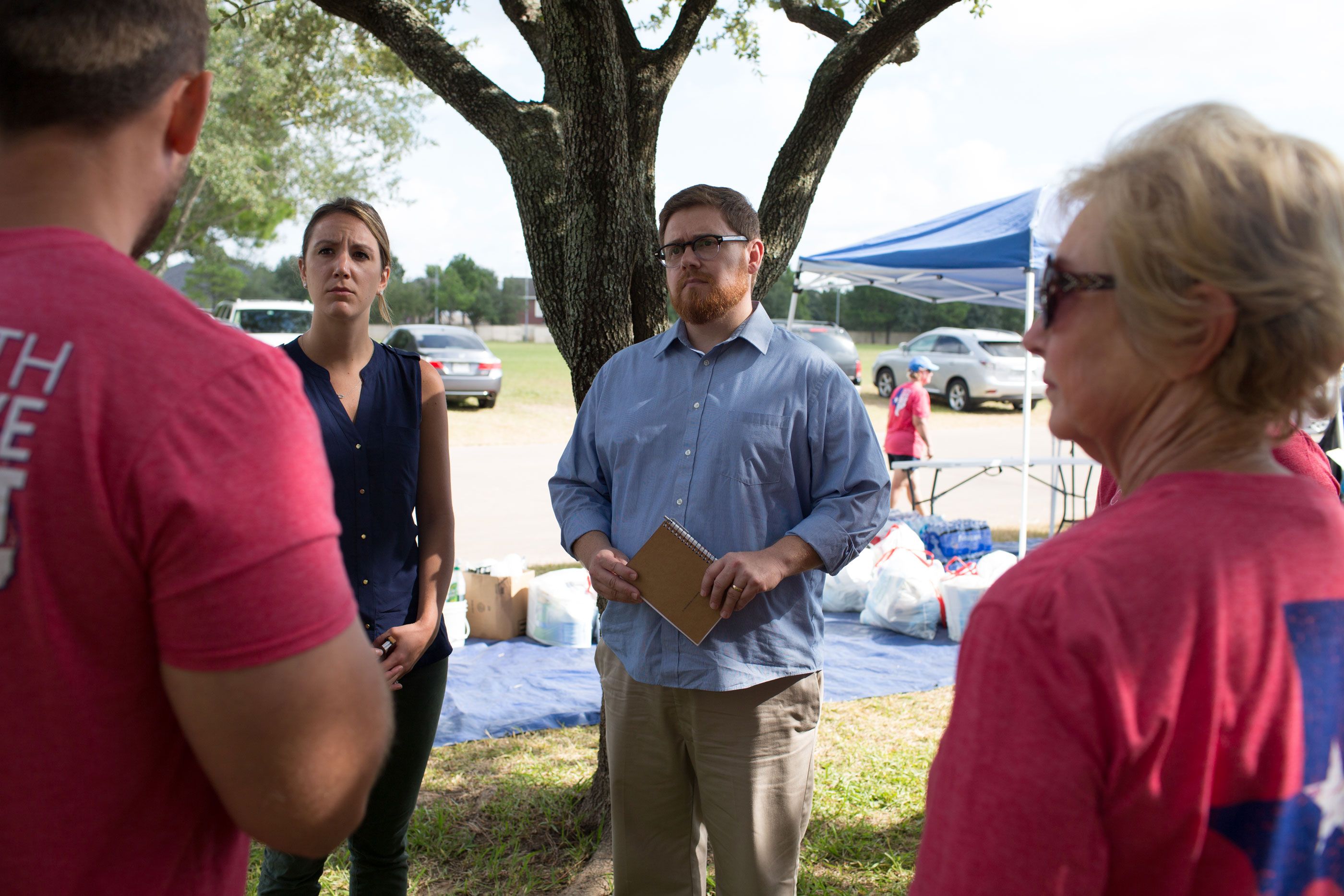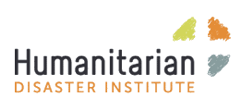Exceptional Research for Effective Action
Great research is not done for its own sake. Instead, it serves as an essential tool for you to effectively help those impacted by disasters and humanitarian crises. Without evidence-based interventions and programming, organizations seeking to do good often find themselves frustrated by a lack of intended outcomes, and donors grow concerned about ineffective use of resources. High-quality, applied research is an integral step towards excellent practice.
When your programs pull from customized research, your resources are used more effectively, your outcomes and deliverables are more predictable, and most importantly, you will know which strategies and resources are needed by those you serve. Customized research allows practitioners and executives alike to do good, better.


/prod02/channel_1/media/humanitarian-disaster-institute/Yousaf_Persecuted-Church-in-China_04.03.2025.jpg)
/prod02/channel_1/media/humanitarian-disaster-institute/IMG_0340-(1)-480X480.jpg)
/prod02/channel_1/media/humanitarian-disaster-institute/20220810_145013.jpg)
/prod02/channel_1/media/humanitarian-disaster-institute/20221101_151757-1700X1000.jpg)
/prod02/channel_1/media/humanitarian-disaster-institute/latest-research.jpg)